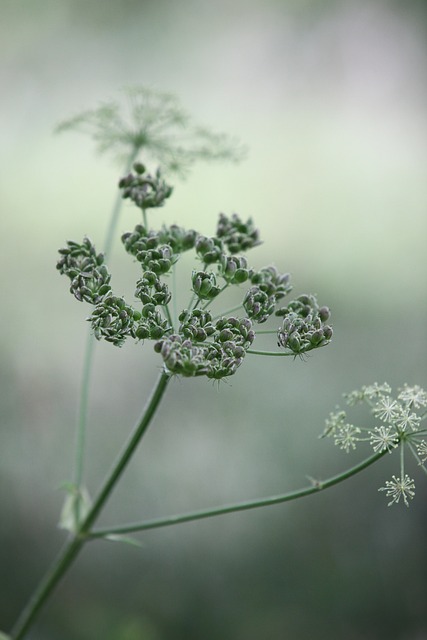As of the March 2023 update, THCA (Tetrahydrocannabinolic Acid), a non-psychoactive compound found in hemp, has been legally defined and distinguished from its psychoactive counterpart, THC, in Indiana. Under both the 2018 Farm Bill and Indiana state legislation, THCA products are legal as long as they contain less than 0.3% THC. This legislative clarity allows consumers to access THCA for its reported wellness benefits, including anti-inflammatory, neuroprotective, and analgesic effects, without the high associated with THC. Indiana's regulatory framework categorizes THCA flower as a hemp-derived product, setting it apart from delta-9-THC, which is strictly regulated for medical and research use. Consumers interested in THCA products must procure them from credible sources to remain within the legal limits set by state and federal regulations. The evolving legal status of THCA in Indiana reflects a growing recognition of its potential health benefits and the importance of clear regulation in the cannabis industry. It's essential for consumers to stay informed on the latest regulatory changes to ensure compliance with the law, especially as research continues to explore the full therapeutic potential of THCA.
exploration into the burgeoning world of hemp-derived products reveals a promising compound known as THCA, offering a spectrum of potential wellness benefits. As we delve into its properties and legal status in Indiana, it becomes evident that THCA flower stands out for its non-psychoactive nature and growing recognition. This article will navigate the intricacies of THCA’s legal standing within the Hoosier State, its health advantages, and how it fits into a balanced lifestyle. From understanding its differentiation from THC to exploring the entourage effect and therapeutic potential for pain relief, this comprehensive guide covers it all. We will also discuss cultivation practices, quality assurance, and creative uses of THCA flower that go beyond traditional consumption methods. Whether you’re a resident curious about ‘THCA legal in Indiana’ or a consumer seeking alternatives for inflammation and sleep disturbances, this article serves as your authoritative source on the multifaceted benefits and considerations surrounding THCA flower.
- THCA Flower Benefits Unveiled: A New Frontier in Hemp-Derived Products
- Understanding THCA: The Non-Psychoactive Cannabinoid Gaining Attention
- THCA Legal Status in Indiana: Navigating the Legal Landscape of Hemp-Derived Products
- Potential Health Advantages of THCA Flower: A Closer Look
- THCA vs. THC: Differentiating the Two and Their Impact on Well-Being
THCA Flower Benefits Unveiled: A New Frontier in Hemp-Derived Products
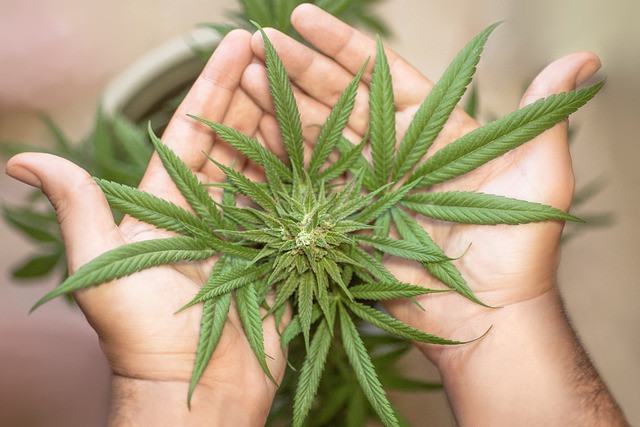
3/15/2023 Update: The legislative landscape regarding hemp and its derivatives, including THCA flower, continues to evolve. In Indiana, for instance, the legal status of THCA-rich hemp is defined under the 2018 Farm Bill and subsequent state legislation, which differentiates it from delta-9 tetrahydrocannabinol (THC) due to its non-psychoactive nature. This legislative clarity allows consumers and researchers alike to explore the potential wellness benefits of THCA legally within the state’s borders.
THCA, or Tetrahydrocannabinolic Acid, is a natural cannabinoid found in the hemp plant that maintains its beneficial properties in raw form until it is exposed to heat, converting it into THC. The benefits of THCA flower are gaining attention within the wellness community as a potential alternative to other cannabinoids. Preliminary research suggests that THCA may offer anti-inflammatory and neuroprotective effects, making it a subject of interest for those seeking natural ways to support their health. Users often report positive experiences with THCA flower for its relaxing and uplifting effects without the psychoactive high typically associated with THC. As such, THCA legal in Indiana opens up a new frontier for hemp-derived products that align with wellness goals while adhering to state regulations. Consumers interested in exploring these benefits should always source THCA flower from reputable vendors and stay informed on the latest regulatory developments to ensure compliance with local laws.
Understanding THCA: The Non-Psychoactive Cannabinoid Gaining Attention
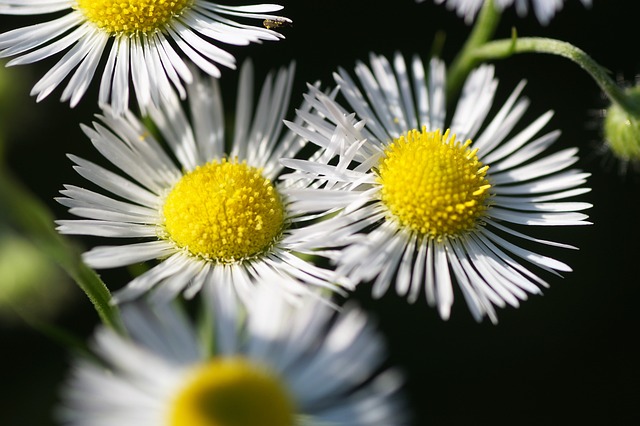
THCA, or tetrahydrocannabinolic acid, is a naturally occurring compound found in the cannabis plant that has garnered significant attention for its potential health benefits. Unlike its well-known derivative THC, THCA remains non-psychoactive, meaning it does not produce the ‘high’ commonly associated with cannabis consumption. This distinction allows individuals to explore the therapeutic properties of THCA without the mind-altering effects, making it an attractive option for those seeking relief from various conditions.
The legal landscape regarding THCA is evolving, and its status varies by jurisdiction. In Indiana, for instance, the legalities surrounding THCA are subject to specific regulations. Under state law, hemp-derived products containing less than 0.3% THC are legal, which includes THCA as a naturally occurring hemp derivative. This has opened up opportunities for consumers in Indiana to access THCA products that align with state and federal laws, provided they are within the specified THC limits. As awareness of THCA’s potential benefits grows, both researchers and users are exploring its effects on human health, which may include anti-inflammatory, neuroprotective, and analgesic properties. This burgeoning interest underscores the importance of understanding not only the compounds within cannabis but also their legal standing in specific regions such as Indiana.
THCA Legal Status in Indiana: Navigating the Legal Landscape of Hemp-Derived Products
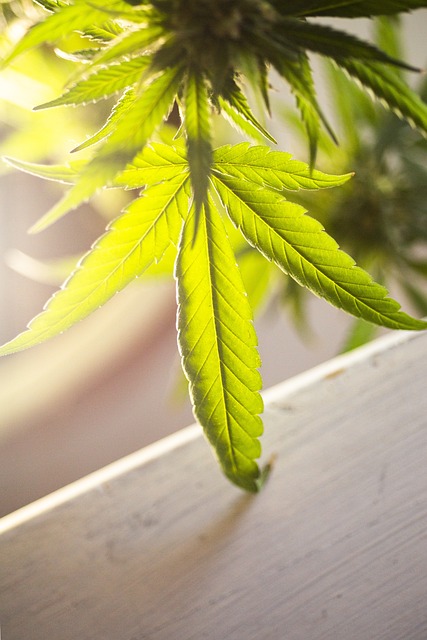
In the realm of hemp-derived compounds, THCA (Tetrahydrocannabinolic Acid) has garnered attention for its potential wellness benefits. As of the latest regulations, THCA is legally recognizable in Indiana under the 2018 Farm Bill and subsequent state legislation. This federal legislation legalized hemp and its derivatives, including THCA, provided they contain less than 0.3% delta-9-THC. It’s crucial for consumers and businesses to stay informed about the evolving legal status of hemp-derived products as state laws can be complex and subject to change. In Indiana, THCA flower is categorized under hemp-derived products and is legally permissible, provided it adheres to the aforementioned THC concentration limits. State regulators have established guidelines that define acceptable levels of THC in both flower and derivative products to distinguish them from their psychoactive counterpart, delta-9-THC, which remains illegal in Indiana outside of specific medical and research contexts. Users interested in exploring the benefits of THCA should ensure they are sourcing from reputable vendors who comply with state and federal regulations to avoid any legal repercussions. The legal status of THCA in Indiana is clear, yet it’s prudent for consumers to remain vigilant about compliance as the regulatory landscape can evolve with new legislation or interpretations.
Potential Health Advantages of THCA Flower: A Closer Look
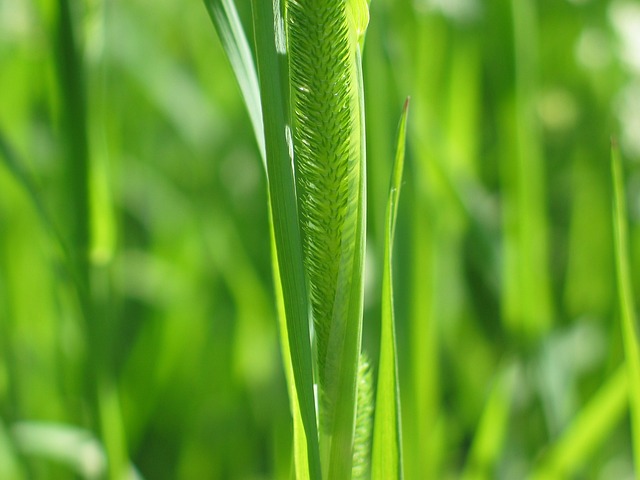
Delta-9-tetrahydrocannabinol (THC) is commonly known for its psychoactive properties, but before it undergoes decarboxylation through heating, it exists in the form of tetrahydrocannabinolic acid A (THCA). THCA, found abundantly in raw cannabis flowers and legal in states like Indiana where cannabis has been legalized for medical use, offers a unique set of potential health advantages. Preliminary research suggests that THCA may interact with the body’s endocannabinoid system, potentially offering anti-inflammatory, neuroprotective, and analgesic effects without the psychoactive ‘high’ associated with its decarboxylated counterpart, THC. For individuals seeking the therapeutic benefits of cannabis without mind-altering side effects, exploring the potential health advantages of THCA flower is a promising area of interest.
Furthermore, THCA is being studied for its antiemetic properties, which could make it beneficial for nausea and vomiting relief, a common issue in cancer treatment. Additionally, animal studies have shown that THCA may have anti-nausea effects, providing another potential application for those undergoing chemotherapy. The legal status of THCA flower, such as its availability in Indiana, opens up avenues for further research and exploration of its therapeutic benefits, offering a non-psychoactive alternative for patients looking to harness the potential wellness properties of cannabis. As with any supplement or medication, it is advisable to consult with a healthcare provider before incorporating THCA flower into one’s health regimen.
THCA vs. THC: Differentiating the Two and Their Impact on Well-Being
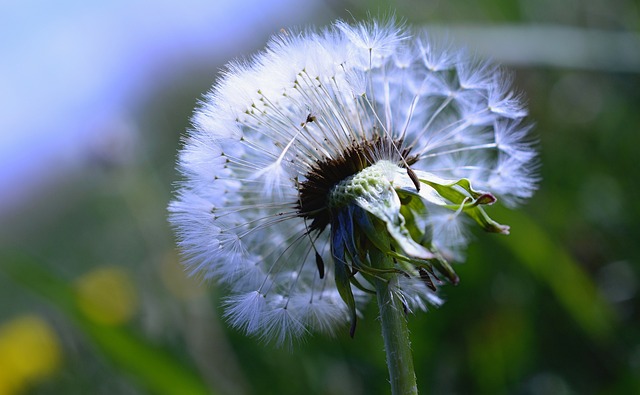
Cannabis research continues to uncover the nuanced effects of its various compounds, including tetrahydrocannabinolic acid (THCA) and tetrahydrocannabinol (THC). THCA is the raw, non-psychoactive precursor to THC, which is formed when cannabis is heated or burned. In its natural state within the cannabis plant, THCA is legal in states where cannabis has been legalized for medical or recreational use, such as Indiana, provided it adheres to the state’s regulations. Unlike its psychoactive counterpart THC, THCA exhibits a distinct profile that may offer potential therapeutic benefits without the ‘high’ associated with THC.
Research suggests that THCA may have anti-inflammatory and neuroprotective properties, making it a subject of interest for those seeking cannabinoid-based treatments for various conditions. These potential benefits of THCA are being studied in relation to managing pain, reducing anxiety, and combating nausea without the psychoactive effects. On the other hand, once heated into THC, the compound’s effects become more pronounced, leading to the well-known psychoactive experiences that have both recreational and medicinal applications. The impact of THC on well-being is multifaceted, potentially offering relief from pain, stimulating appetite, and easing symptoms of PTSD or anxiety, but with the caveat of altering one’s state of consciousness. As regulations evolve and research advances, understanding the differences between THCA and THC becomes increasingly important for consumers seeking specific wellness outcomes from cannabis products.
THCA, or tetrahydrocannabinolic acid, represents a promising area of exploration within hemp-derived products, as outlined in our discussion. Its potential health advantages and distinct legal status in Indiana set it apart from its psychoactive counterpart, THC. As we’ve explored, understanding the nuances between THCA and THC is crucial for consumers and regulators alike, particularly concerning their individual impacts on well-being. The emerging body of research suggests that THCA flower may offer a range of benefits without the psychoactive effects associated with THC. With its legal standing in Indiana becoming increasingly clear, enthusiasts and health-conscious individuals can consider incorporating THCA into their routines with greater confidence. It’s evident that further studies are warranted to fully realize the scope of THCA flower’s potential.
